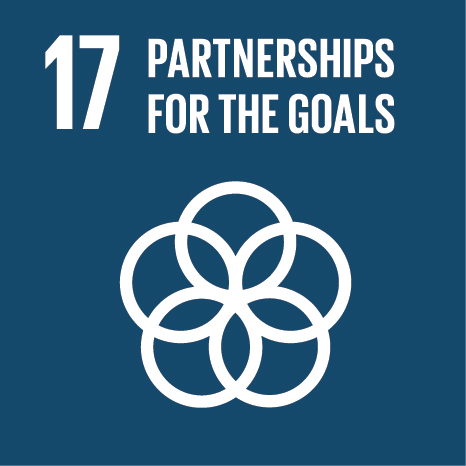Ciência_Iscte
Publications
Publication Detailed Description
Journal Title
Scientific Data
Year (definitive publication)
2023
Language
English
Country
United States of America
More Information
Web of Science®
Scopus
Google Scholar
This publication is not indexed in Overton
Abstract
In response to the COVID-19 pandemic, the Psychological Science Accelerator coordinated three large-scale psychological studies to examine the effects of loss-gain framing, cognitive reappraisals, and autonomy framing manipulations on behavioral intentions and affective measures. The data collected (April to October 2020) included specific measures for each experimental study, a general questionnaire examining health prevention behaviors and COVID-19 experience, geographical and cultural context characterization, and demographic information for each participant. Each participant started the study with the same general questions and then was randomized to complete either one longer experiment or two shorter experiments. Data were provided by 73,223 participants with varying completion rates. Participants completed the survey from 111 geopolitical regions in 44 unique languages/dialects. The anonymized dataset described here is provided in both raw and processed formats to facilitate re-use and further analyses. The dataset offers secondary analytic opportunities to explore coping, framing, and self-determination across a diverse, global sample obtained at the onset of the COVID-19 pandemic, which can be merged with other time-sampled or geographic data.
Acknowledgements
--
Keywords
Covid-19,Dataset,Health behaviors,Message framing,Emotion regulation,Self-determination messaging
Fields of Science and Technology Classification
- Psychology - Social Sciences
Funding Records
| Funding Reference | Funding Entity |
|---|---|
| UID/PSI/03125/2019 | Fundação para a Ciência e a Tecnologia |
Contributions to the Sustainable Development Goals of the United Nations
With the objective to increase the research activity directed towards the achievement of the United Nations 2030 Sustainable Development Goals, the possibility of associating scientific publications with the Sustainable Development Goals is now available in Ciência_Iscte. These are the Sustainable Development Goals identified by the author(s) for this publication. For more detailed information on the Sustainable Development Goals, click here.

 Português
Português



